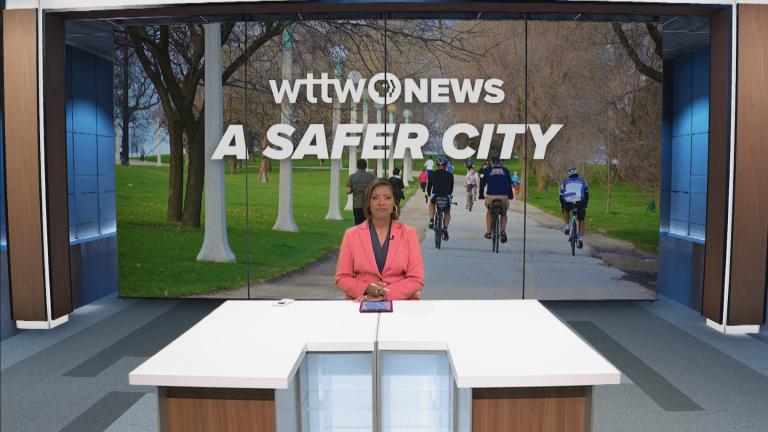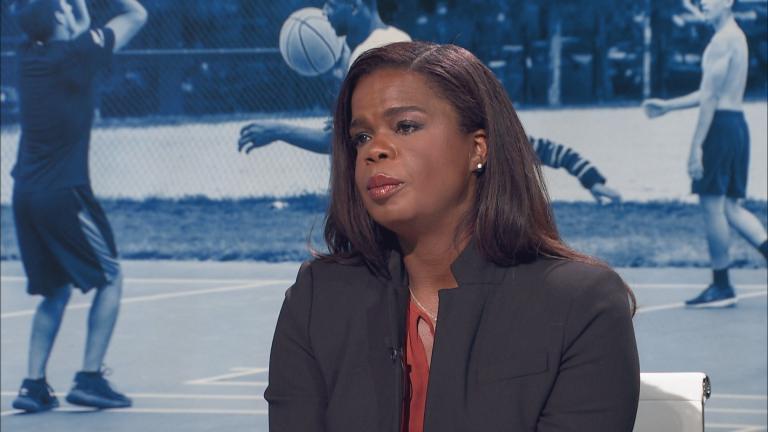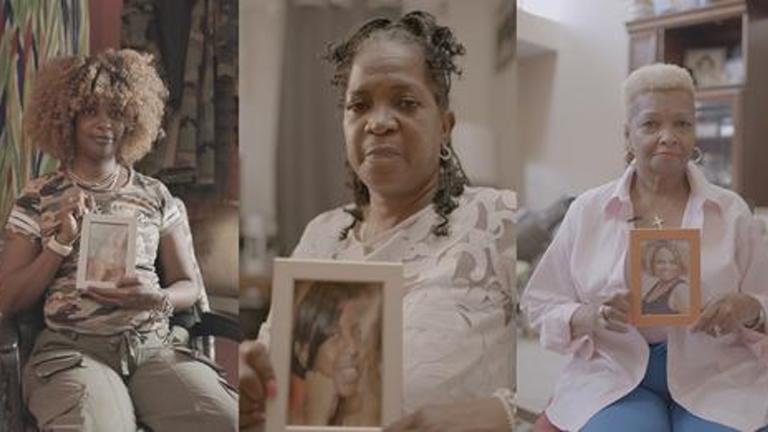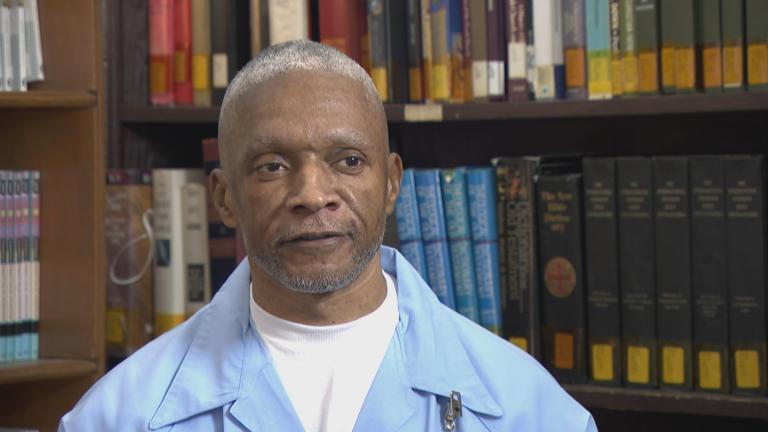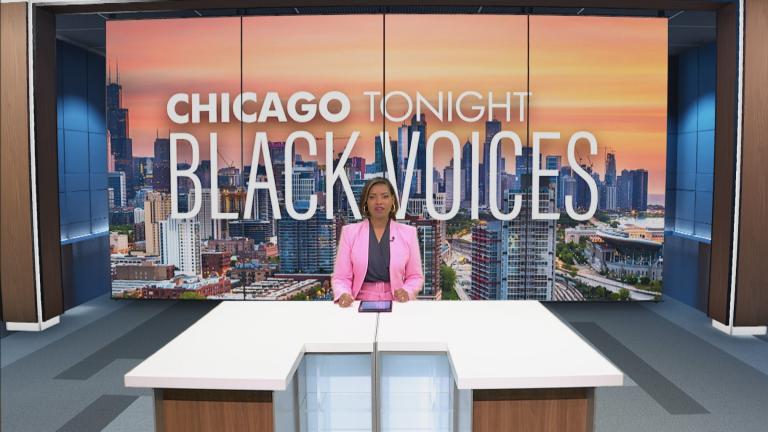Many Chicagoans are struggling to make ends meet.
With inflation on the rise, and federal pandemic assistance expiring, food pantries and distributors say food insecurity across the city is spiking.
Englewood resident Debra Davis picked up groceries at Ephphatha Lutheran Church from a partnership through Nourishing Hope and Reunited Chatham earlier this week.
“Food is expensive. I can’t do that with my other bills. And then I have people living with me who are not employed so I do what I have to do,” Davis said.
Nourishing Hope, formerly known as Lakeview Pantry, says they’re seeing about 76% more families with children coming to their pantry compared to last year.
“Our organization provides an equivalent of four million meals a year … I will say for certain that our federal investments have deeply impacted families across the board. When you take away those investments, it really devastates our community,” said Keenya Lambert, chief development officer with Nourishing Hope.
The consumer price index, an indicator of inflation, rose 0.6% in August, its biggest monthly gain of 2023, while the inflation gauge rose 3.7% from a year ago, according to the White House.
Meanwhile, since the onset of COVID, Dion Dawson, founder of Dion's Chicago Dream, has been delivering a week’s worth of groceries to over 1,000 households in 40 different neighborhoods per week.
Dawson says the need right now is “staggering.”
“In May, we cleared our wait list for our delivery program when we were at about 30,000 pounds,” Dawson said. “Since then, not only has that number matched what it was before we cleared it, but it’s doubled since then. We’ve seen just from word of mouth, without any type of sign-up process online, that 1,000 households have signed up in the last two months alone.”
On top of higher food prices and inflation, many South and West side Chicagoans are also left to navigate the lack of grocery options in their communities, adding to food insecurity struggles.
“If we were to get on the bus and come from downtown into the West Side, you would see a change in the grocer option, the change in the academic standing of the school, the housing stock,” said Ayesha Jaco, executive director at West Side United. “That allowed us to position and think about how we can help organizers on the ground that are already in these spaces doing work to layer that with resources from the hospitals and other partners.”
Currently one in four children are at risk of food insecurity, according to the Great Chicago Food Depository.

